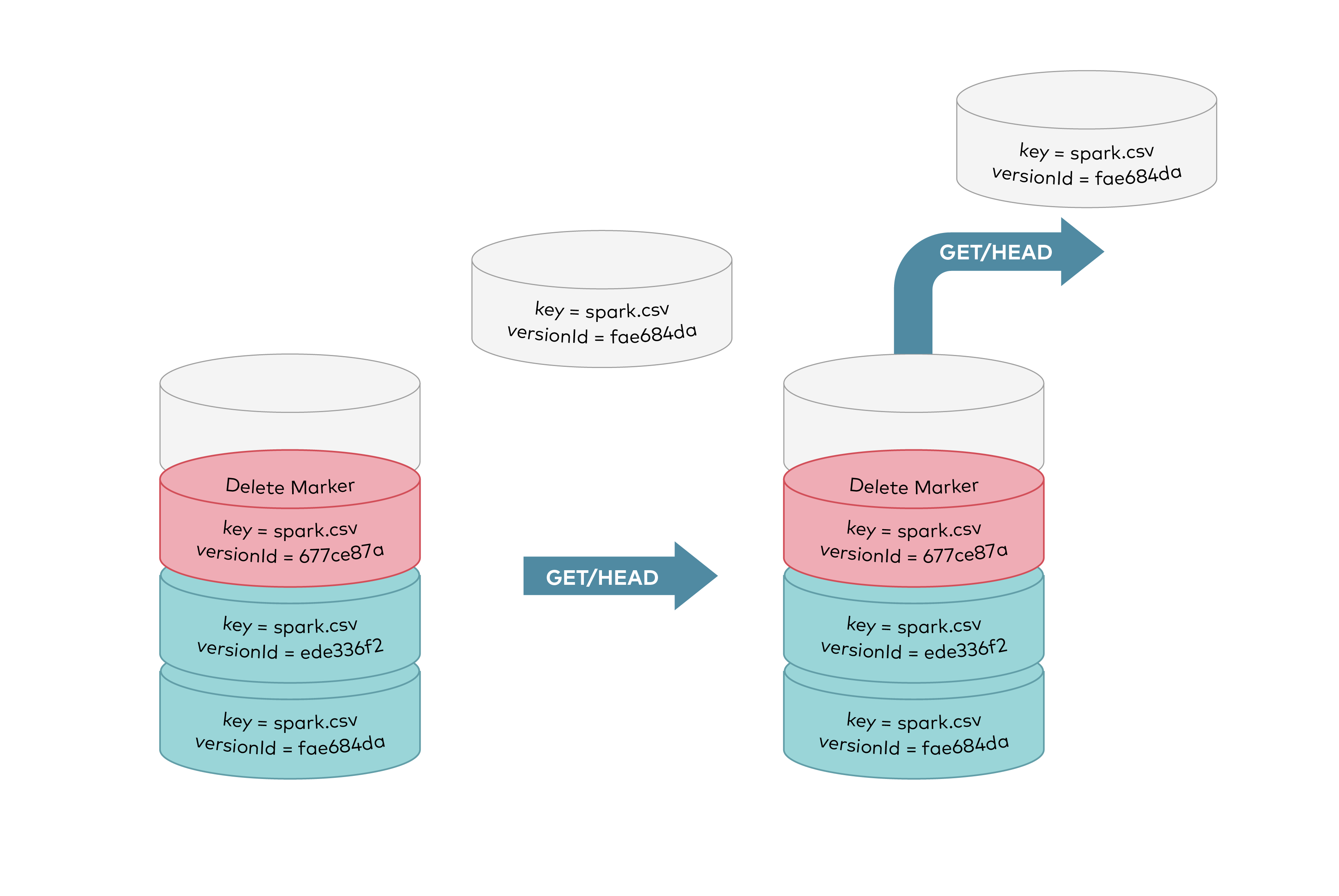- Sort Score
- Num 10 results
- Language All
Results 141 - 150 of 1,106 for Feed (0.02 seconds)
-
build-logic/jvm/src/main/kotlin/gradlebuild/jvm/JvmCompilation.kt
if (doUseRelease) { target } else { null } } } // Need to use afterEvaluate since source/target compatibility are not lazy afterEvaluate { tasks.withType<JavaCompile>().configureEach { if (!useRelease().get()) {
Created: Wed Dec 31 11:36:14 GMT 2025 - Last Modified: Fri Sep 19 05:45:14 GMT 2025 - 5.8K bytes - Click Count (0) -
android/guava-tests/benchmark/com/google/common/io/ByteSourceAsCharSourceReadBenchmark.java
// it is kind of lame that we need to construct a decoder to access this value. // if this is a concern we could add special cases for some known charsets (like utf8) // or we could avoid inputstreamreader and use the decoder api directly // TODO(lukes): in a real implementation we would need to handle overflow conditionsCreated: Fri Dec 26 12:43:10 GMT 2025 - Last Modified: Tue May 13 18:46:00 GMT 2025 - 5.2K bytes - Click Count (0) -
docs/en/docs/advanced/dataclasses.md
This works the same way as with Pydantic models. And it is actually achieved in the same way underneath, using Pydantic. /// info Keep in mind that dataclasses can't do everything Pydantic models can do. So, you might still need to use Pydantic models. But if you have a bunch of dataclasses laying around, this is a nice trick to use them to power a web API using FastAPI. 🤓 ///
Created: Sun Dec 28 07:19:09 GMT 2025 - Last Modified: Fri Dec 26 10:43:02 GMT 2025 - 4.2K bytes - Click Count (0) -
android/guava/src/com/google/common/math/DoubleUtils.java
// exponent == floor(log2(abs(x))) if (exponent < Long.SIZE - 1) { return x.longValue(); } else if (exponent > MAX_EXPONENT) { return x.signum() * POSITIVE_INFINITY; } /* * We need the top SIGNIFICAND_BITS + 1 bits, including the "implicit" one bit. To make rounding * easier, we pick out the top SIGNIFICAND_BITS + 2 bits, so we have one to help us round up or
Created: Fri Dec 26 12:43:10 GMT 2025 - Last Modified: Sat Dec 21 03:10:51 GMT 2024 - 5.1K bytes - Click Count (0) -
cmd/dynamic-timeouts_test.go
timeout.LogFailure() } else { timeout.LogSuccess(duration) } } } func TestDynamicTimeoutAdjustExponential(t *testing.T) { timeout := newDynamicTimeout(time.Minute, time.Second) rand.Seed(0) initial := timeout.Timeout() for range 10 { testDynamicTimeoutAdjust(t, timeout, rand.ExpFloat64) } adjusted := timeout.Timeout() if initial <= adjusted {
Created: Sun Dec 28 19:28:13 GMT 2025 - Last Modified: Fri Aug 29 02:39:48 GMT 2025 - 5.2K bytes - Click Count (0) -
docs/bucket/versioning/README.md

Created: Sun Dec 28 19:28:13 GMT 2025 - Last Modified: Tue Aug 12 18:20:36 GMT 2025 - 12K bytes - Click Count (0) -
compat/maven-compat/src/main/java/org/apache/maven/repository/legacy/resolver/DefaultLegacyArtifactCollector.java
throws ArtifactResolutionException { fireEvent(ResolutionListener.TEST_ARTIFACT, listeners, node); Object key = node.getKey(); // TODO Does this check need to happen here? Had to add the same call // below when we iterate on child nodes -- will that suffice? if (managedVersions.containsKey(key)) { manageArtifact(node, managedVersions, listeners);Created: Sun Dec 28 03:35:09 GMT 2025 - Last Modified: Fri Jun 06 14:28:57 GMT 2025 - 36.5K bytes - Click Count (0) -
src/archive/zip/testdata/readme.zip
visiting http://localhost:6060/doc/install.html. Unless otherwise noted, the Go source files are distributed under the BSD-style license found in the LICENSE file. -- Binary Distribution Notes If you have just untarred a binary Go distribution, you need to set the environment variable $GOROOT to the full path of the go directory (the one containing this README). You can omit the variable if you unpack it into /usr/local/go, or if you rebuild from sources by running all.bash (see doc/install.html)....
Created: Tue Dec 30 11:13:12 GMT 2025 - Last Modified: Sat Jul 11 14:36:33 GMT 2015 - 1.8K bytes - Click Count (0) -
.teamcity/README.md
## Develop and verify After you make a change, you can run `mvn clean teamcity-configs:generate` to generate and verify the generated TeamCity configuration XMLs. You also need to run `mvn clean verify` with Java 8 before committing changes. If you have ktlint errors, you can automatically fix them by running `mvn com.github.gantsign.maven:ktlint-maven-plugin:1.1.1:format`.
Created: Wed Dec 31 11:36:14 GMT 2025 - Last Modified: Wed Mar 06 23:02:25 GMT 2024 - 4K bytes - Click Count (0) -
.editorconfig
[*] indent_style = space indent_size = 4 end_of_line = lf charset = utf-8 trim_trailing_whitespace = true insert_final_newline = true spelling_languages = en-US # Markdown files sometimes need trailing whitespaces. [*.md] trim_trailing_whitespace = false [*.{yml,yaml}] indent_size = 2 [gradle/verification-metadata.xml] indent_size = 3Created: Wed Dec 31 11:36:14 GMT 2025 - Last Modified: Tue Nov 25 07:01:54 GMT 2025 - 582 bytes - Click Count (0)